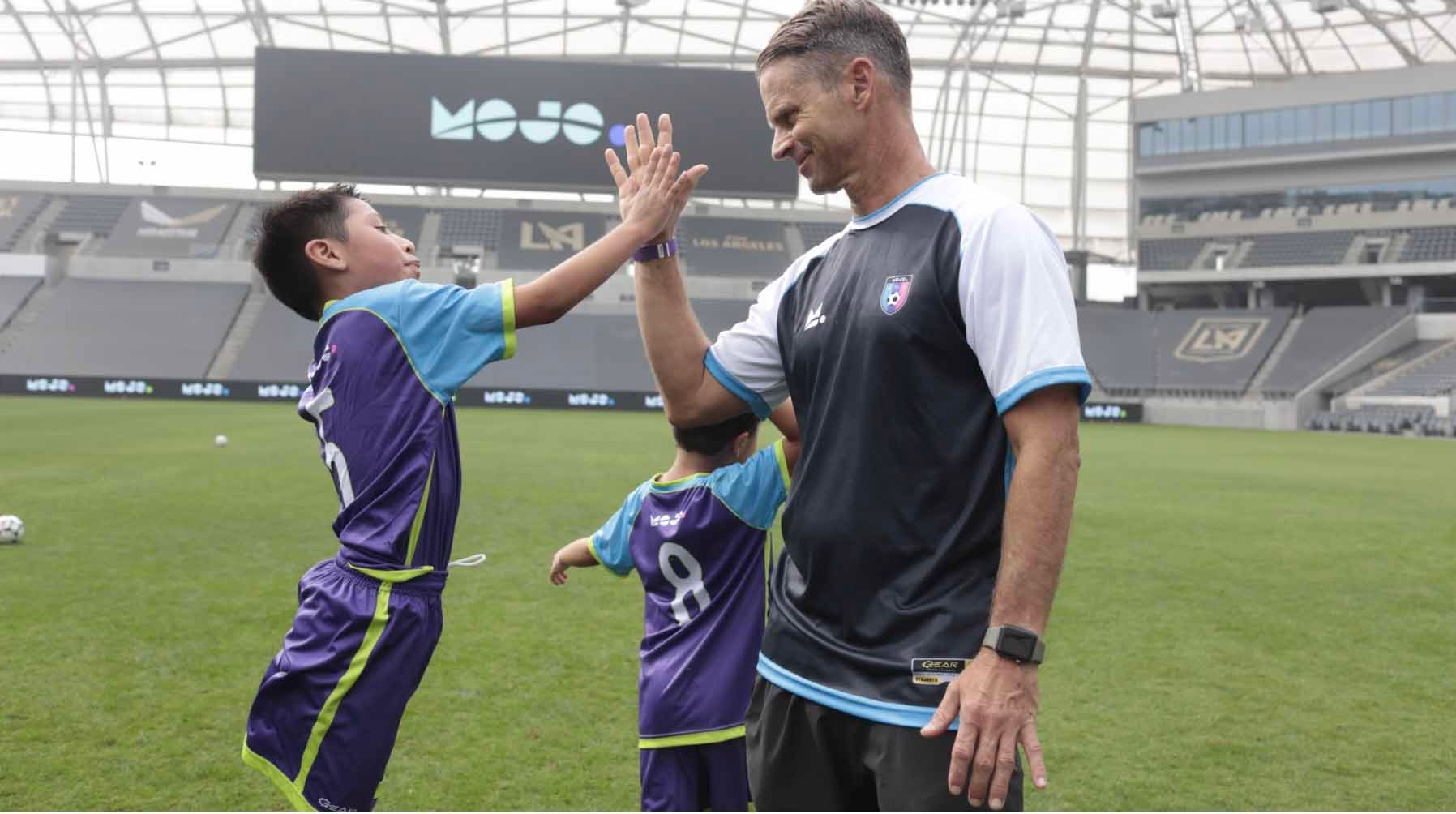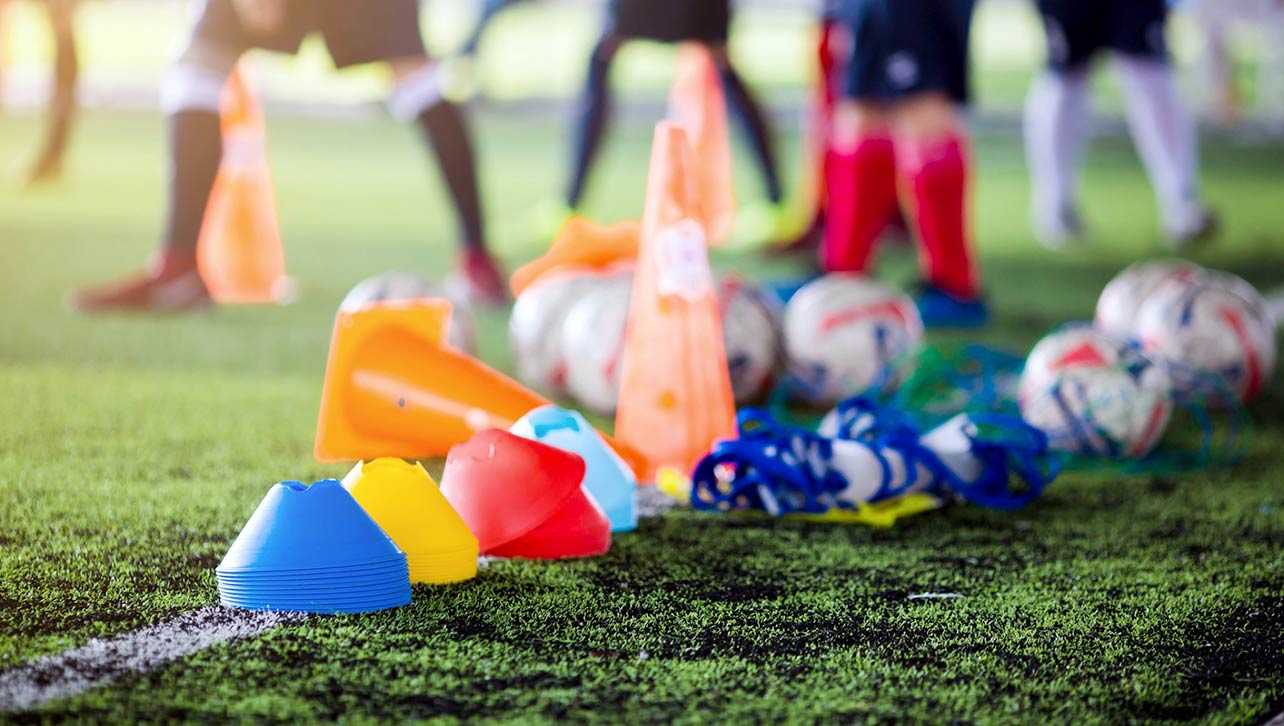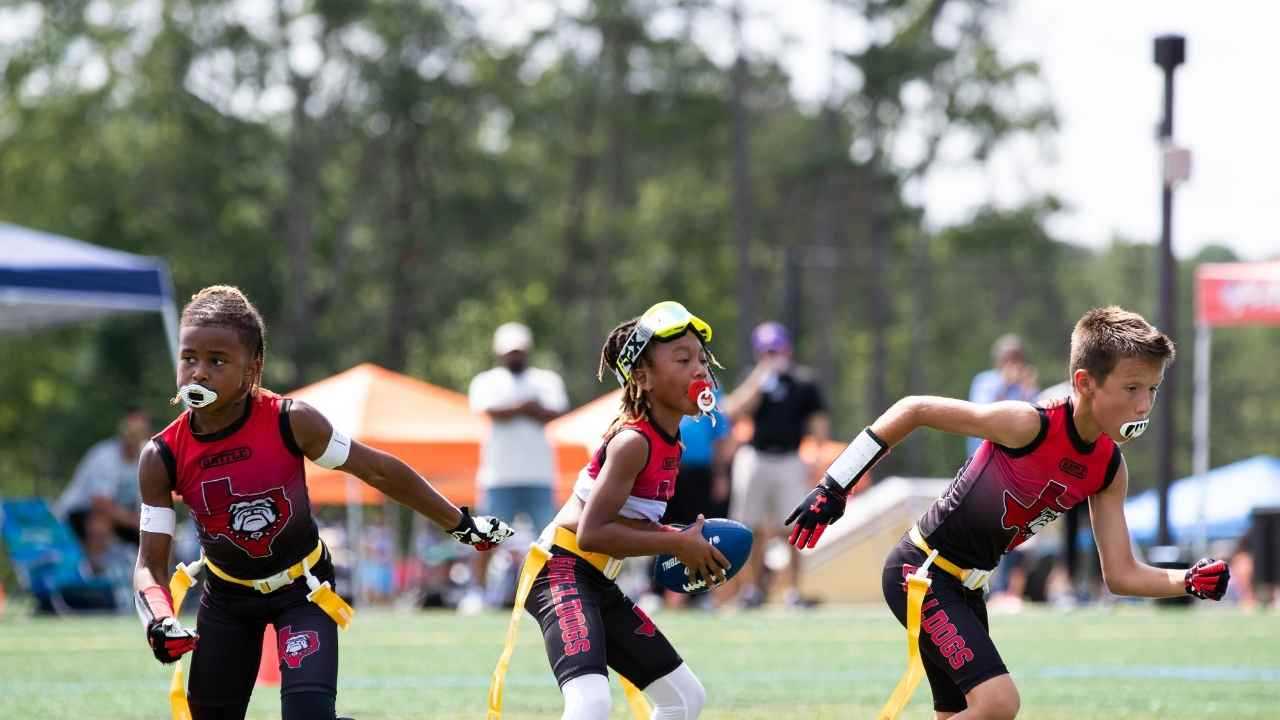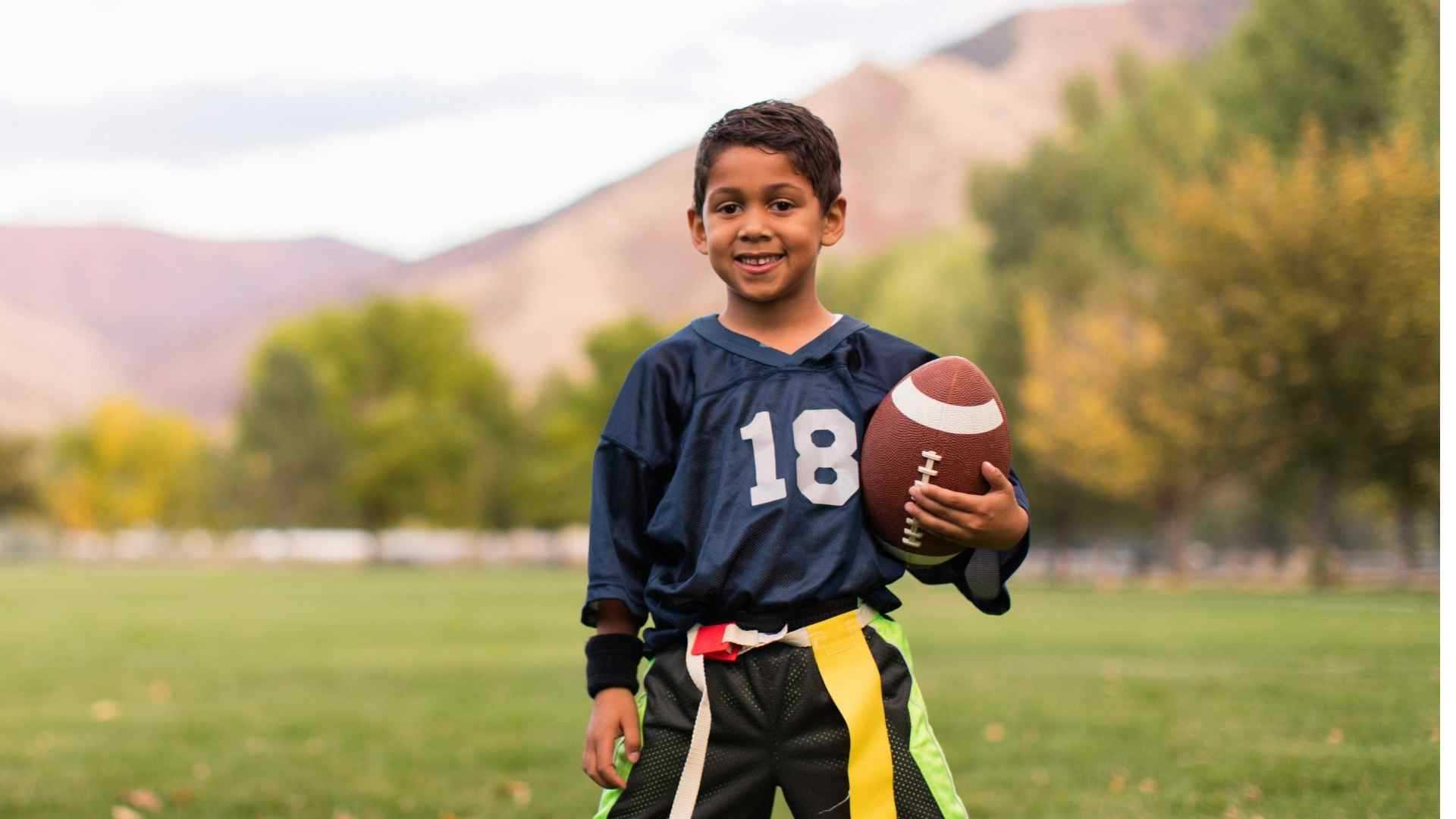Your First Day on the Field
Parent-coaches don’t always know what they’re in for. Here’s expert advice for the first practice.
Sue Pierce
| 8 min read

Joshua Cogan/MOJO
Val Wingfield, a mother of two from San Anselmo, Calif., played soccer through college, but coaching her 6-year-old daughter’s team was her first time being in charge. “The thing I was the most nervous about the first practice was just getting them to trust me and open up to me,” she says. But there were other hurdles. She quickly discovered that the girls’ attention spans were short. And within the first 20 minutes, they had blown through the practice plan Wingfield had set up. “The biggest challenge was just making sure I had enough activities that I felt comfortable leading so that I could pivot,” she says.
Luckily, we know a guy who can help. Mike Singleton has been coaching for more than 25 years. Here, he shares what a first-time coach should know before striding out onto the field, clipboard in hand.
Before the big day
Even before the first practice, there’s work to be done. Singleton recommends that “every new coach schedules a time to have a parent meeting.” Send an email to the parents introducing yourself and sharing meeting details. It’s better to hold it before the first practice, or end the first practice 15 minutes early and hold the meeting then. Set a positive tone for the season – we’re going to have fun but work hard. Helpful tips: Remind players to show up on time and ask parents to notify you if a player is going to miss practice or a game. Let parents know the best way to reach you and what times and days are appropriate. Mike once had a parent call him at 5 am. No one wins with a call like that.
A few good volunteers
During your parent meeting, ask for help. Coaching solo is not easy, even for the pros. “If you have 12 first graders, that’s a big group,” says Singleton. If parents aren’t eager to volunteer, he suggests sending out a schedule and requiring parents to pick a date that works for them. Having backup on the field is key if a player gets injured or you’re managing a behavior issue. You need to keep practice going. “If you’re having to give a little bit extra attention or care, then it can really be difficult to try to do that at the same time,” says Singleton. Having volunteer support makes a huge difference.
Nail the warm-up
You’ve told everyone when practice starts — but let’s face it, not all players will show up at the same time. “The first activity is one that needs to be flexible with player numbers, so they can just go in and play,” says Singleton. A scrimmage is an easy activity that can start with just two players. As kids arrive, they can join in the game without any instruction from you – you’ll be greeting arriving players. A game of tag works, too. “Those two things work really well because they’re interactive and kids will enjoy them,” says Singleton. “If they’re dribbling a ball [during tag]… they’re actually getting their skills developed as well.” And it’s a great way to get the blood pumping. Having a consistent warm-up routine lets kids know what to expect each week. They can even run it themselves later in the season.
Practice makes perfect
Getting stared down by 12 expectant kids can be … unsettling. Putting some thought into practice ahead of time will help it run more smoothly – and give you peace of mind. “Do work before that day,” says Singleton. “Make sure you know what activities you’re going to be playing for the day so you don’t have to be thinking when you’re in a more anxious state.” To prepare, figure out the time needed for each drill so you’ll have the right amount for your practice. But be ready to be flexible. Some drills work great. Some will bomb. Don’t beat yourself up. Just cut out what’s not working and do more of what the kids love. Get feedback from your team so you can plan an even better practice for the next week.
And you are… ?
No kid wants to be called “Hey, you!” on the field. “One of your most important tasks is to get to know everybody’s name and to remember it as quickly as you can,” says Singleton. Think about what works best for you. Singleton suggests having a pen and paper (on your clipboard!) for the first couple practices. “Give yourself a little cheat sheet, so you can start to get to know those names in one or two practices max,” says Singleton. Jot down identifying factors – red cleats, tallest player, long hair, etc. Some coaches even use stick-on name tags for the first practices.
Hello, my name is…
Most likely, this will be the first time your players have met each other, too. How do you get 6-year-olds to warm up? A great way to start is by “breaking them up into small teams of two or three,” says Singleton. He likes a game called “Capture the Balls.” Teams try to gather (and steal) as many balls as possible and keep them at their home base. It’s a fun game of running and strategy – while team-building at the same time. “Make sure they introduce themselves to each other so they can get to know each other,” says Singleton. Then mix up the teams so more players will meet. Another Singleton-approved game, “Gates,” has two players passing the ball to each other between sets of cones. As they pass, they yell their partner’s name. It’s also a great way to encourage calling out during games.
Or stick to simple. Have one player hold a stuffed animal and say their name, school and one personal fact (favorite color, dessert, etc). Then the player throws the stuffie to another player who shares, and so on. Voting for a team name together will get the group talking in no time.
Enlist the power of parents
It’s a common scenario – one of your players is too aggressive or hyperactive, making practice a headache. You’re left stewing over what to say at pickup. But first, take a couple deep breaths. “There are different ways we can say things to parents,” says Singleton.
Don’t complain to a parent that their child is a handful. (Likely, they know). Instead, Coach Singleton suggests asking each parent what the best way is to work with their child. “What you’re doing is you’re enlisting the help of somebody who really knows a path – by telling that parent that they’re the expert and that you want their help because you want to make sure all kids have the best experience,” says Singleton. “I think every parent would like to hear that.”
Being proactive and showing parents you want to support their kids will help you later in the season if any issues arise, like requests for more playing time or different positions. Working with the parent, instead of against them, makes your job as a coach much easier. “It puts you on a parallel path as opposed to a confrontational path,” says Singleton.
Safety first!
It’s your job as the coach to make sure your players are safe. Check the field before you start every practice – always. Walk around and look for holes, glass or rocks. If there is a hazard, put a cone on it or move to a different part of the field, if possible. “Coaches always have to show up a little bit early and make sure they do that due diligence,” says Singleton.
It’s also good to be early so you can greet your players. Many parents do a drive-by drop-off. This is where the warm-up activity comes in handy. You can keep track of who is walking in. “Make sure at all times during the practice you can see all the players,” says Singleton. And of course, the essentials — carry a first aid kit and lots of instant cold packs (the squeeze and shake kind). Keep every guardian’s number on hand (taped to your clipboard!). You don’t want to be searching through your email for the parent roster while holding an ice pack to a bloody nose.
Gear matters
When it comes to gear, you’re going to need more than that clipboard. Your rec department might give you a bag of balls and some pinnies. That’s a good start. You’ll want to pick up some disc cones and maybe even two small goals – must-haves for drills. And pandemic or not, it’s always good for players to bring their own water bottle to practice. Frequent water breaks will keep them hydrated and happy. Those breaks are a great time for you to set up new drills, too.





